We caught up with the brilliant and insightful Kendall Vernon a few weeks ago and have shared our conversation below.
Kendall, first a big thank you for taking the time to share your thoughts and insights with us today. I’m sure many of our readers will benefit from your wisdom, and one of the areas where we think your insight might be most helpful is related to imposter syndrome. Imposter syndrome is holding so many people back from reaching their true and highest potential and so we’d love to hear about your journey and how you overcame imposter syndrome.
Does anyone ever truly overcome imposter syndrome? Even now I still reckon with it, sometimes more so than ever. The more I build, the more is at stake. The fear of loss tags along with every creation like a shadow, and I’m not sure I believe there’s a way to deny it space next to us. When it gets really overwhelming, I breathe about it and let it do it’s thing. I let the worst case scenario play out in my head and then decide what I would do about it if everything fell apart today. It turns out, every time, that my reaction to the worst case is the exact reaction I have now, despite the anxious feelings that are wearing on me – to take the next best step, accepting the circumstances as they are. Because what else can you do? In short, my approach to dealing with imposter syndrome is to let it tag along, let it throw its fits when it wants to, like a toddler having a tantrum, and when it’s cooled down, keep moving. Progress is a rollercoaster ride!
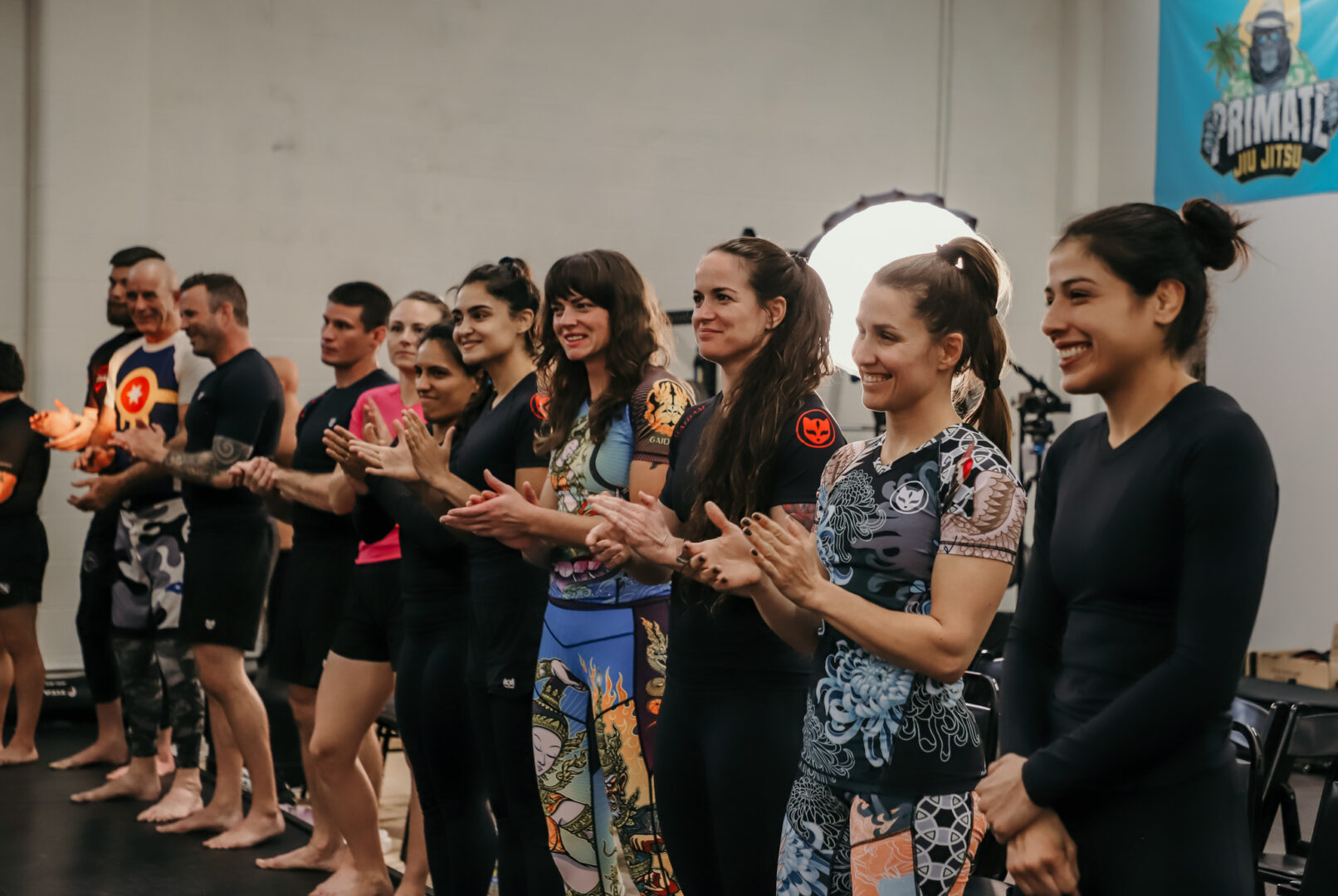
Great, so let’s take a few minutes and cover your story. What should folks know about you and what you do?
Gaidama was the first apparel brand to rethink the traditional approach to women’s grappling wear (which was, until then, an industry afterthought) and engineer women’s Jiu Jitsu gear from scratch to solve real problems for female grapplers. Clever features like high waists, drawstrings, and built-in liners offered game-changing confidence and coverage to women in Jiu Jitsu, a direct-contact, male-dominated sport.
As a Jiu Jitsu athlete myself, I was fed up with the current industry offerings for women’s grappling wear. I had tried every brand of Jiu Jitsu gear on the planet but still found myself struggling with slipping waistbands, see through fabrics (I always wore shorts over or under my spats to stay covered), awkward fits, and camel toe. Sometimes I’d wear Lululemon or Athleta leggings to at least experience a certain level of quality with my apparel, but the fabrics and waistbands of typical activewear are not ideal for Jiu Jitsu and grappling has a rule against pockets that rules out a lot of options.
Finally, after exhausting my alternatives and still finding disappointment, I put my hobby background in textile and soft goods design (from years of cosplay) to work, engineering a revolutionary pair of women’s Jiu Jitsu leggings that solved all the problems I was currently having on the mats. I sewed the first pair in my living room, found an amazing manufacturer, and released them to the wild a few months later. They immediately sold out and Gaidama was born.
Eventually we expanded our lineup to include gear for men and children, bringing our passion for innovation and commitment to quality to the entire Jiu Jitsu community.
In less than 5 years, Gaidama has grown from a one-woman living-room operation to a 7-figure global enterprise. Every day we continue to learn, refine, and expand.

If you had to pick three qualities that are most important to develop, which three would you say matter most?
My background is in software. I have a BS in Computer Science, an ME in Computer Engineering, and I worked in the software field for about 12 years. And while I technically do not do anything like what I did in school or in the field when I was working as a software engineer, the critical thinking skills and general understanding of how applications communicate with one another has helped me tremendously – from being able to build and maintain my own website (which can be an expensive thing to outsource, especially in the beginning when funds are scarce), to being able to comprehend how pixel tracking works in order to have intelligent, well-informed conversations with the professionals that run my accounts or to grasp what new applications might be good investments. Software engineering isn’t something that you’d think would be relevant to the CEO of an e-commerce enterprise, but in fact it has been so valuable that almost every day I feel grateful to have those insights engrained in me. I’d suggest that even if technology isn’t remotely interesting to you personally, the degree to which your effectiveness as the manager of your various technical teams can improve (paid media, email marketing, web development, etc) is absolutely at least worth a couple crash courses or online learning exercises.
Something about growing up as the only sister amid brothers, going through college in a very male-dominated industry, and then finding myself in a very male-dominated sport, I feel like I developed a kind of stubbornness against failure. I almost killed myself to do it, but I graduated undergrad with Summa Cum Laude honors and finished my master’s degree at the top of my class, with a perfect 4.0. I remember working late into the night on a white paper in grad school, walking into the women’s bathroom for a break, and reading a sticky note someone had left on one of the stalls that said “women have to work twice as hard for half the recognition.” I’ve never been one to victimize myself as a woman or wallow in unfairness for one thing or another, but that statement stuck with me – because it’s not wrong. The fact is that some women will rise to that challenge and some will be overcome by it, and no one can decide which kind of person you want to be except you.
In my experience (which began with no experience), starting and running a business is a constant learning effort. I’ve gained invaluable insights by attending business lectures, groups, and workshops, and would suggest that others trying to start something from scratch with little-to-no context do the same. Most cities have programs or meetups for entrepreneurs. Just through the effort of building relationships and having conversations with other like-minded individuals, new lights will come on and new opportunities will open themselves up to you.
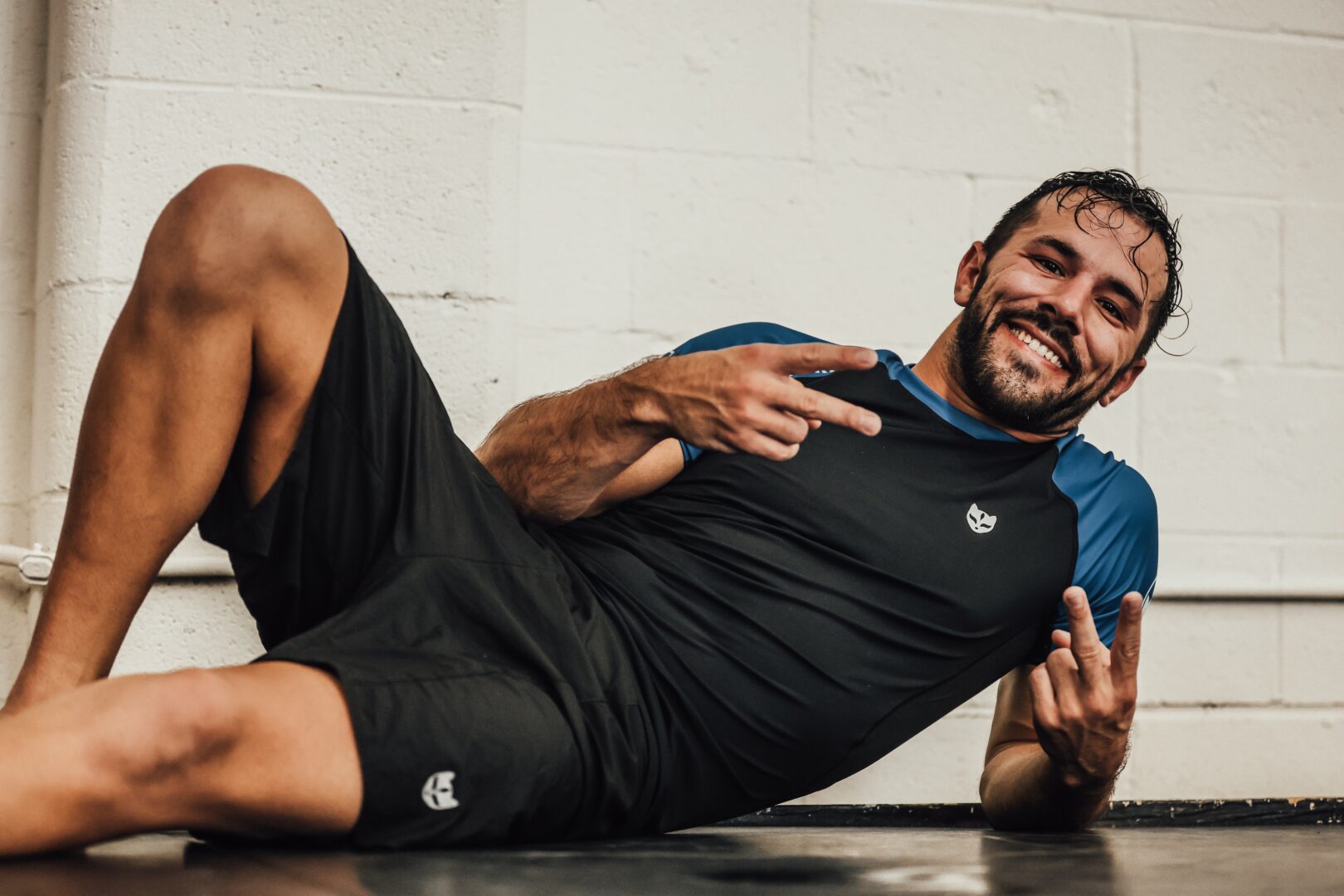
What is the number one obstacle or challenge you are currently facing and what are you doing to try to resolve or overcome this challenge?
One thing we’re trying to do right now is determine whether we want to continue using an agency for our marketing or attempt to internalize it. There are pros and cons to each, and probably even more consequential outcomes that I haven’t considered yet since we’ve only ever used an agency and don’t have any experience hiring an internal marketing director. In my experience, a lot of marketing agencies are owned by sharks, for lack of a better term. They’ll guarantee that you should be printing money and promise to be the ones who can make it happen, and then 3-6 months later you’ll realize that the enthusiasm has waned, the bills seem to be getting higher, and you’re definitely *not* printing money. Maybe other companies have had better luck with marketing agencies, but we are 4 or 5 agencies deep now and still haven’t found one I would write a glowing review about, and in some cases I would go out of my way to keep other businesses away from. Internalizing would mean hiring a person or two directly, either a full time expert or a couple part-time employees hungry for growth, who could replace the task of the agency (whose time is always going to be divided up amongst its multitude of clients). Pros of internalization might be easier communication, increased availability, and likely a much cheaper starting rate (with plenty of attractive opportunity for growth). Cons of internalization are things like key man risk (what happens if something happens to your one person?), potential lack of experience, or losing the investment if, after 8 months, your college student intern decides to go in a different direction. Not to mention it would be a significant disruption to the marketing flow if an agency was abruptly turned off and replaced with a single employee overnight. It would also be difficult to find someone who could do all the things a marketing agency can do, since an agency has the luxury of utilizing several different people with various skillsets – digital art, copywriting, email management, media buying, strategy consulting, etc.
At the time of this writing, my current strategy is to move forward with a mixture of both – keep the agency on board (and under a close eye) and look for a marketing intern to hire who is potentially interested in a more permanent position later on.
Contact Info:
- Website: https://gaidama.com
- Instagram: gaidama.usa
- Facebook: gaidama.usa
- Youtube: gaidama
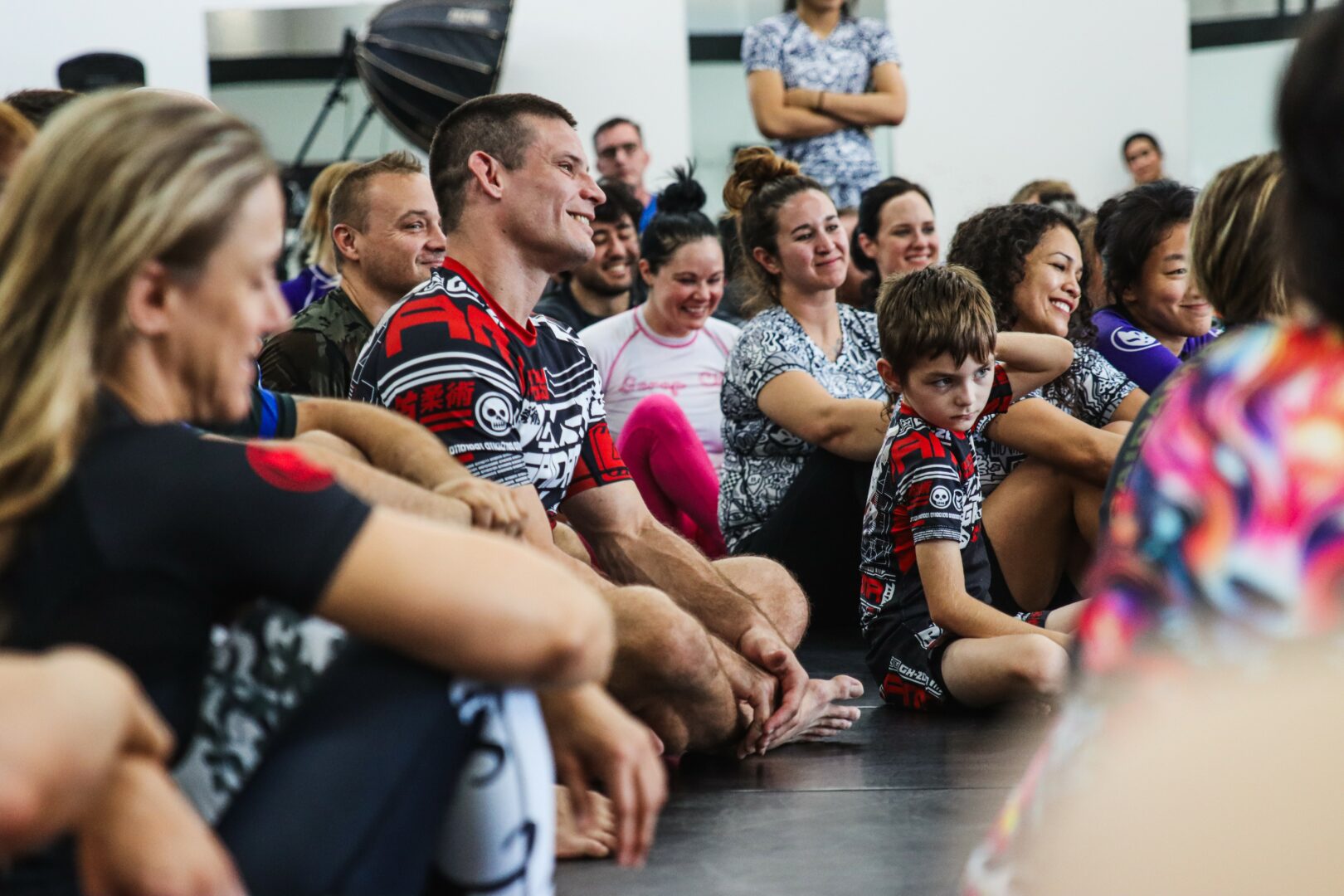
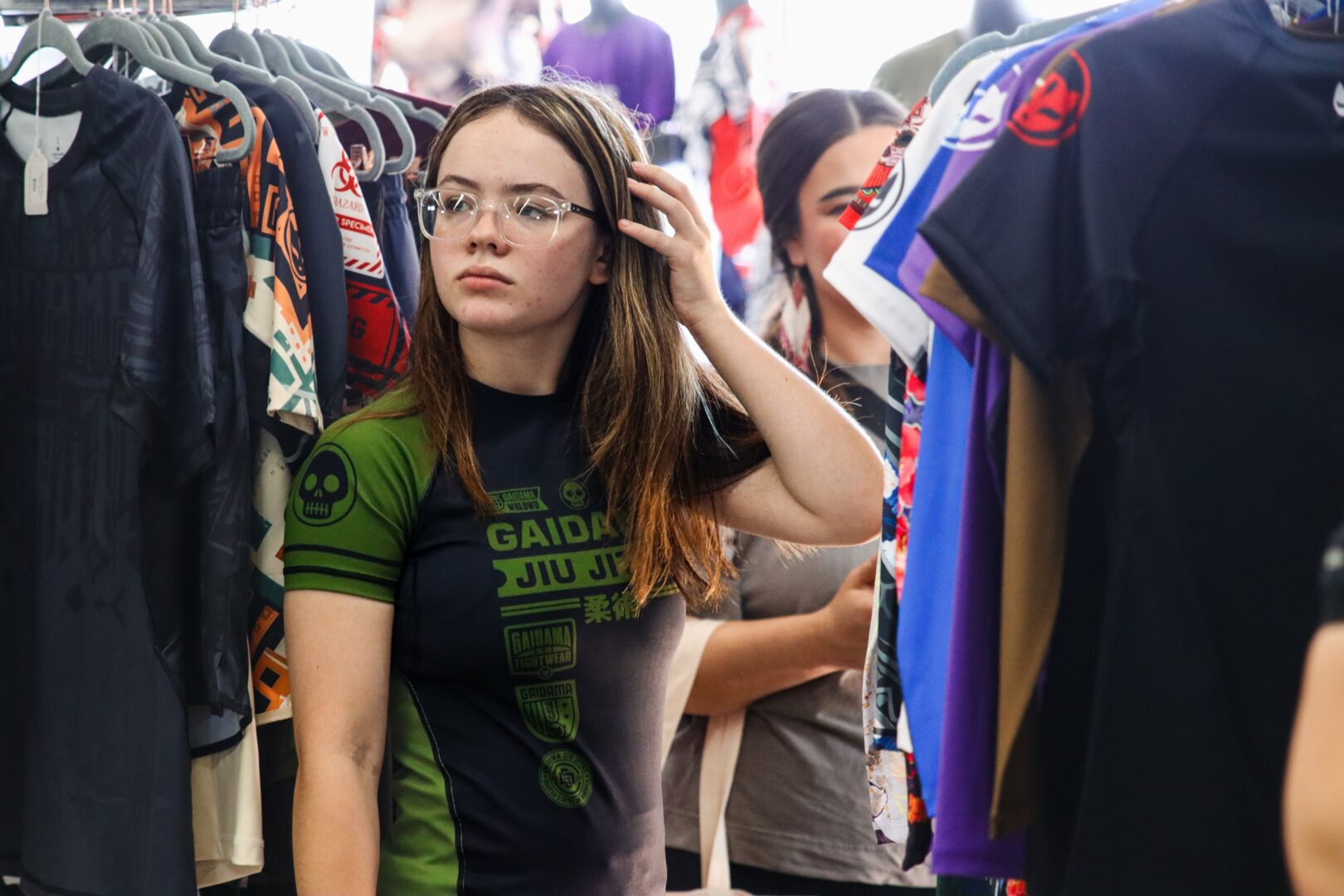
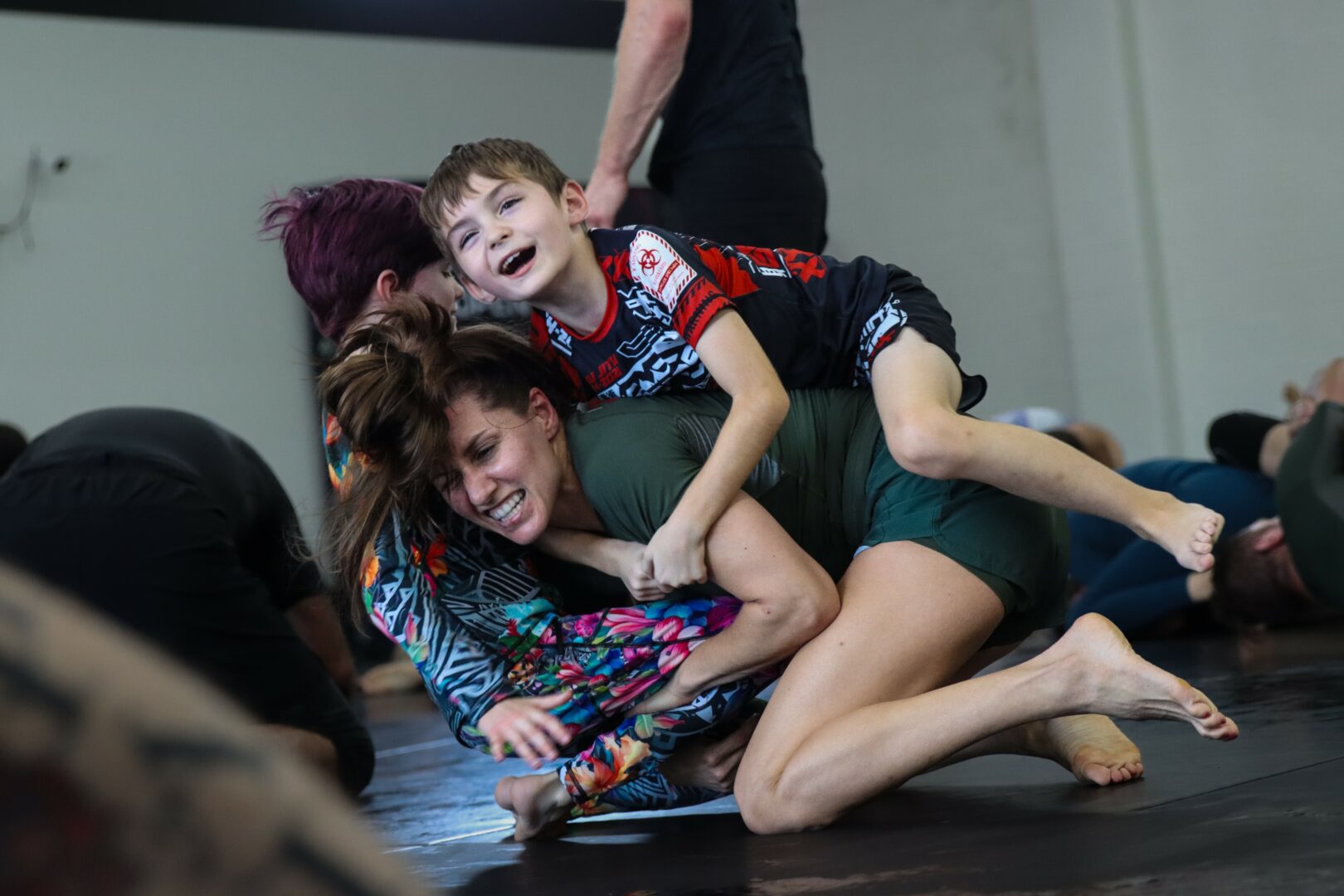
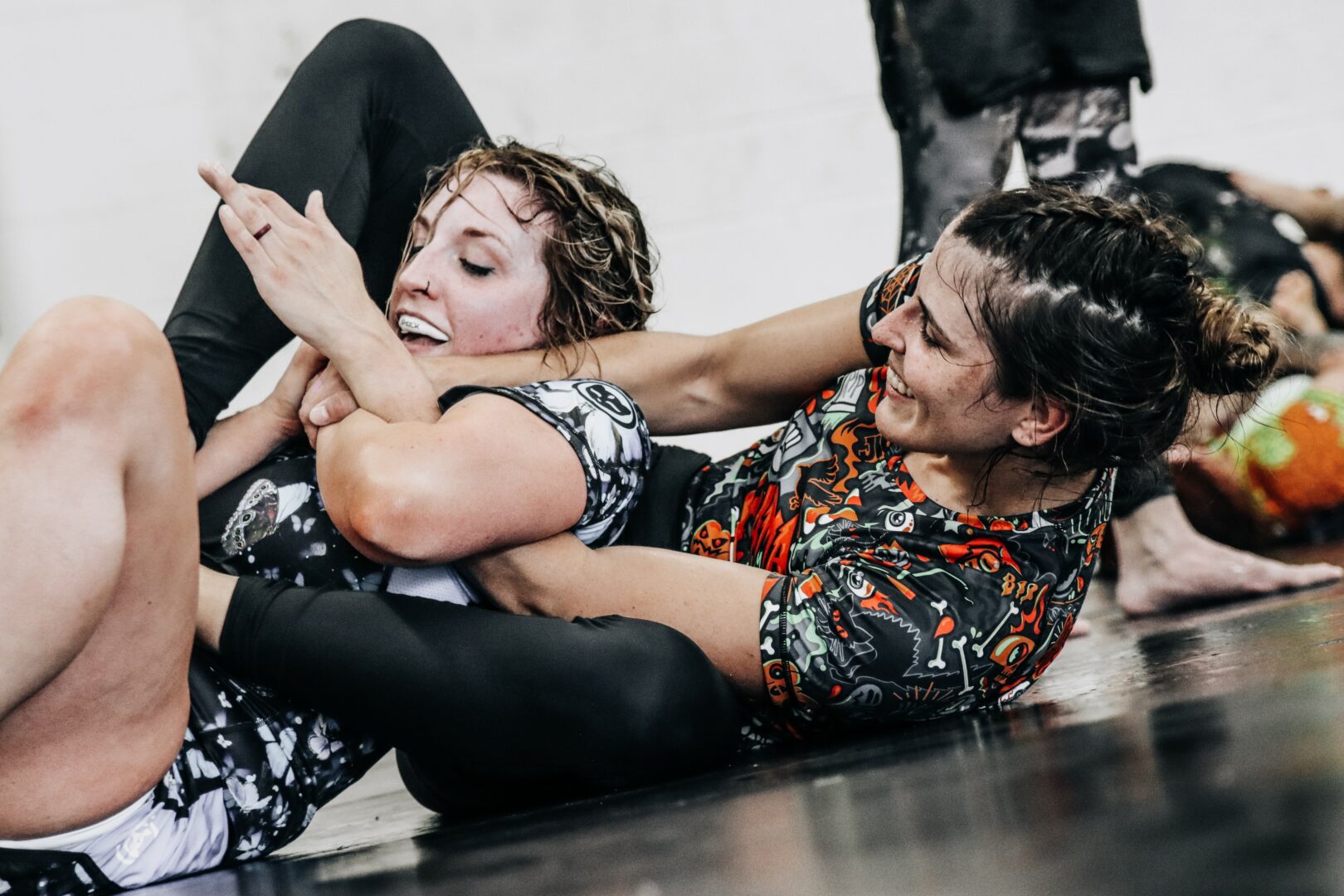
so if you or someone you know deserves recognition please let us know here.




